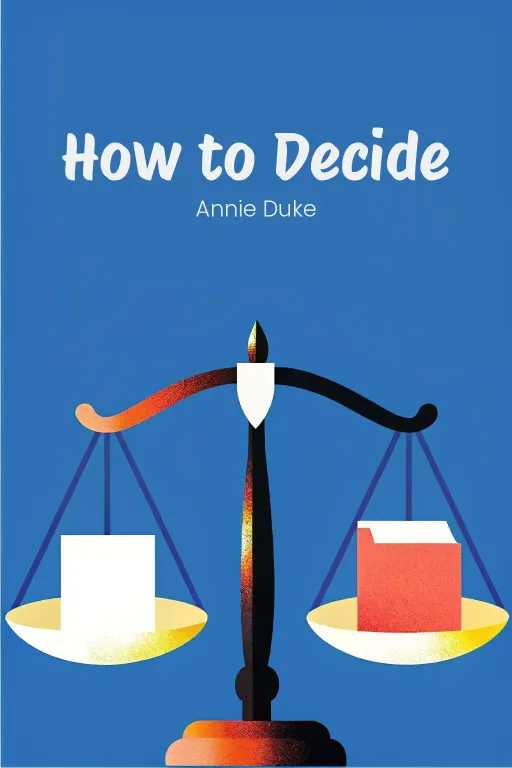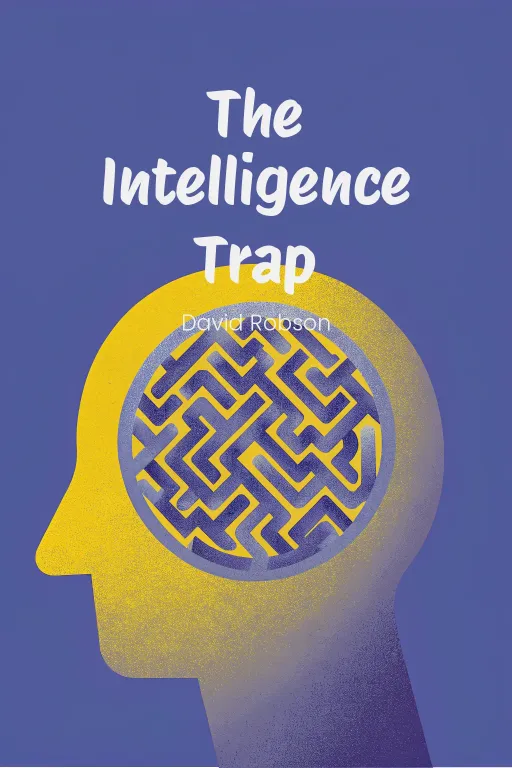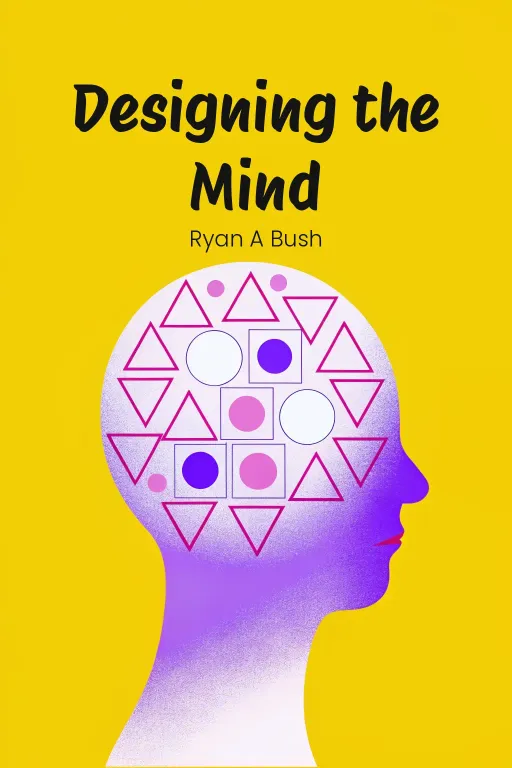
Master Change: Your Mental Agility Toolkit
Podcast by Five Percent Happier with Autumn
The Hidden Power of Mental Agility
Master Change: Your Mental Agility Toolkit
Autumn: Today we're diving into "Switch Craft," a book about building the mental and emotional agility needed to handle life’s constant curveballs without getting totally overwhelmed or stuck. Autumn: Feeling constantly reactive when things change unexpectedly? A sudden project shift at work, a canceled flight, or just the daily barrage of news can leave us feeling paralyzed, clinging to old ways because uncertainty feels stressful. This resistance isn't just uncomfortable; it limits our potential, makes us miss opportunities, and keeps us stuck. In today's fast world, this mental rigidity is a real liability, leaving us drained and anxious instead of adaptable. Autumn: So how does "Switch Craft" help us become more adaptable? It offers a toolkit built on interconnected skills. Think of mental agility – that's about learning to shift your thinking when circumstances change, finding new paths when old ones are blocked. Instead of trying to eliminate uncertainty (often impossible!), the book suggests building tolerance. How? Simple daily rituals, like that quiet five minutes with coffee before checking email, can create pockets of predictability that calm your brain. Then, deepen your self-awareness. Truly knowing your core values acts like an internal compass when everything outside feels chaotic. What really matters to you? Practices like mindfulness help you tune into your body and thoughts, understanding your triggers before they take over. Connected to this is emotional awareness. Do you ever just feel generally 'bad' or stressed? "Switch Craft" pushes for 'emotional granularity.' Get specific! Naming whether you're feeling disappointed versus frustrated versus anxious gives you power. Why? Because you can tailor your response instead of using a blunt reaction. Finally, develop situational awareness – essentially, reading the room and understanding the context you're in. This helps you respond thoughtfully rather than just reacting based on your own internal storm. These skills aren't isolated; they weave together, helping you navigate change more effectively. Autumn: Here’s your immediate takeaway: Next time uncertainty throws you off – a last-minute plan change, unexpected feedback – pause. Ask: "What specific emotion am I feeling?" Is it frustration? Disappointment? Anxiety? Naming it precisely, getting granular, is your first step to managing the feeling instead of letting it manage you. That’s your dose of wisdom for today. Keep practicing, and I'll catch you next time on Five Percent Happier.









